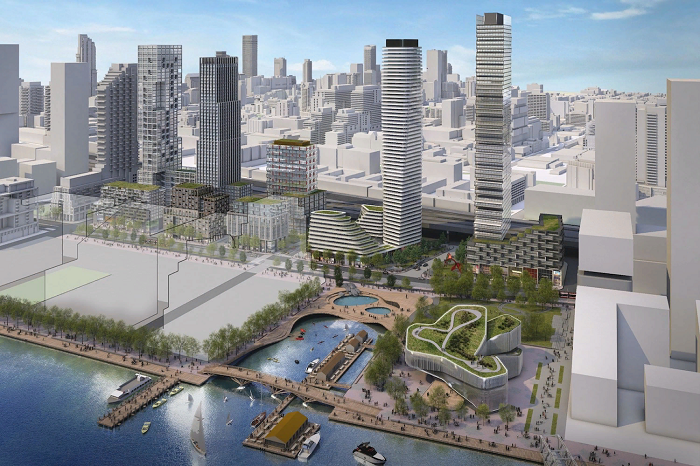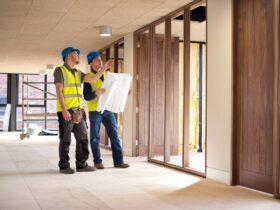As more smart cities emerge around the world, whether in the Far East, Latin America or the Middle East, Toronto is stepping back from the idea of smart cities and redefining its significant contribution to the community.
The Canadian city, ranked 15th in Global Finance’s list of the world’s best cities to live in, plans to “kill the smart city for good,” especially after Quayside’s controversial reasons for canceling questioning its lack of privacy, its need for urban scale, and then, indeed whether people want to live in a high-tech environment.
Sidewalk Labs has released Snohetta and Heatherwick Studio’s Quayside Development Renders in Toronto. The program aimed to integrate physical, digital and political innovation to ensure accessibility, sustainability and quality of life, and create economic opportunity in 12 wooden towers. The high-rise timber structures were to be created with repeating frames built from a modular set of pieces that could be adapted throughout the area.
However, CEO Daniel L. Doctoroff announced in a Medium post that the effects of the pandemic rendered the prototype unviable. Sidewalk Labs sought to “unleash the potential” of the city’s east waterfront, but the government agency responsible for developing the area, Waterfront Toronto, voted unanimously to limit the team’s original 190-acre plan to 12 acres, and local residents and advocates opposed the project due to problems with privacy as the company planned to collect data as part of its smart city initiatives.












Leave a reply